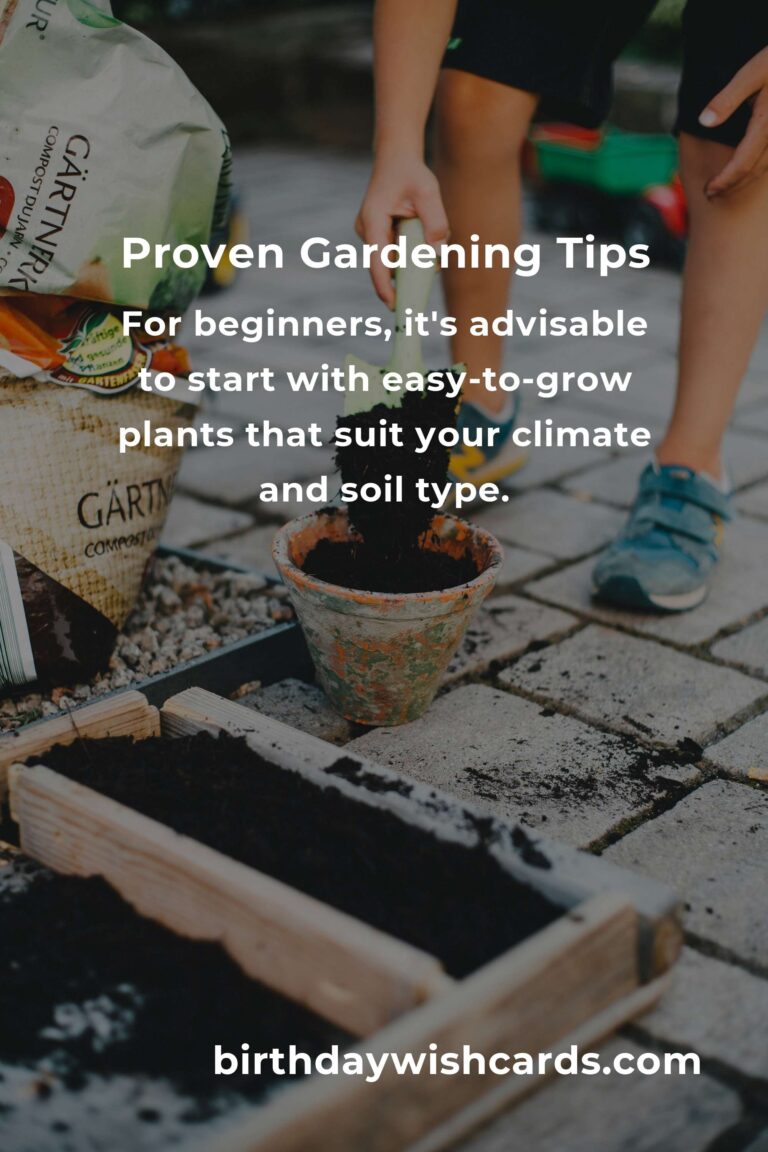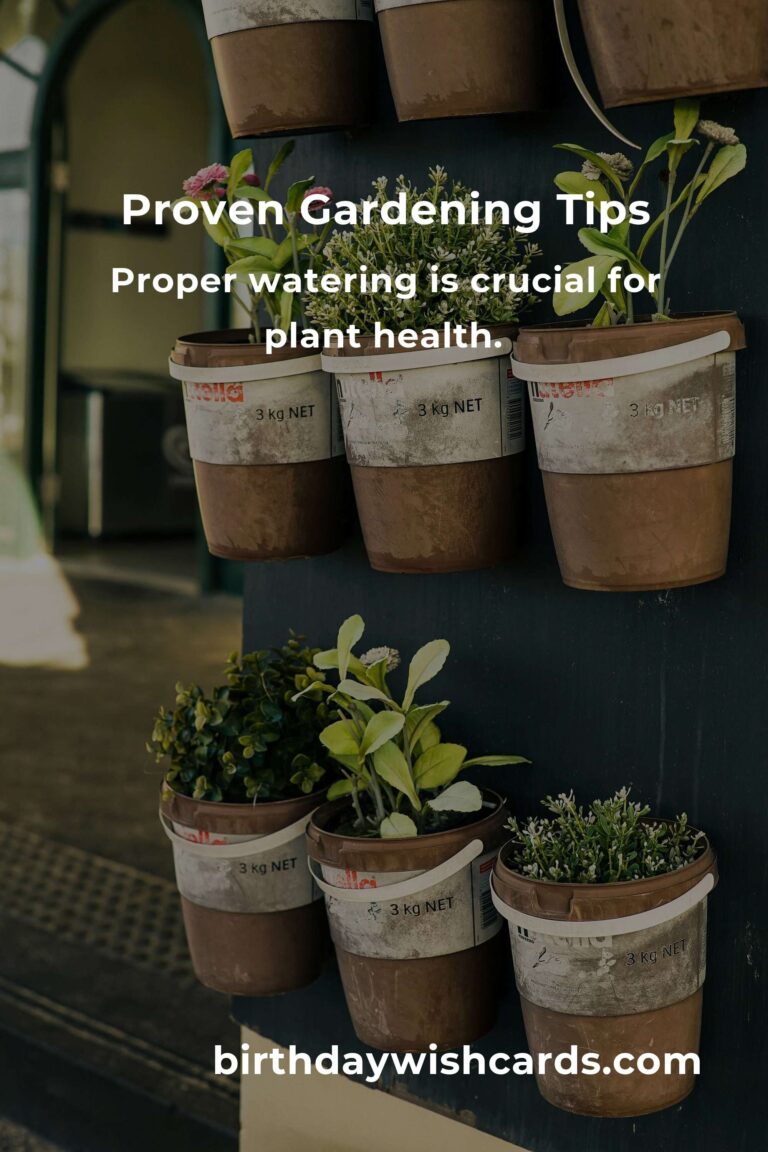
Gardening is a rewarding hobby that allows you to connect with nature, beautify your surroundings, and even grow your own food. Whether you’re a novice gardener or looking to enhance your green thumb, this guide offers proven tips to help you cultivate a thriving garden.
Choosing the Right Location
The first step to successful gardening is selecting the right location. Most plants require ample sunlight, so choose an area that receives at least 6 to 8 hours of direct sunlight daily. Consider the type of plants you want to grow and research their specific sunlight requirements.
Preparing the Soil
Healthy soil is the foundation of a flourishing garden. Begin by testing the soil to determine its pH level and nutrient content. You can purchase a soil testing kit from a garden center. Based on the results, amend the soil with organic matter such as compost or well-rotted manure to improve its fertility and structure.
Watering Wisely
Proper watering is crucial for plant health. It’s best to water deeply but infrequently to encourage deep root growth. Early morning is the ideal time to water your plants as it reduces evaporation and fungal diseases. Use a soaker hose or drip irrigation system to minimize water wastage.
Choosing the Right Plants
For beginners, it’s advisable to start with easy-to-grow plants that suit your climate and soil type. Some beginner-friendly plants include tomatoes, marigolds, and basil. Research each plant’s needs and group them accordingly to ensure they thrive.
Mulching
Mulching is a great way to conserve moisture, suppress weeds, and enhance the appearance of your garden. Apply a 2-3 inch layer of organic mulch such as straw, wood chips, or shredded leaves around your plants, making sure not to cover the stems.
Pest and Disease Management
Prevention is key when it comes to managing pests and diseases. Regularly inspect your plants for signs of trouble and remove any affected foliage immediately. Introduce beneficial insects like ladybugs or use natural remedies such as neem oil to control pest populations.
Consistent Maintenance
Gardening requires regular maintenance to keep your plants healthy and productive. Tasks such as weeding, pruning, and deadheading should be performed routinely. Stay organized by creating a gardening calendar to track tasks and ensure nothing is overlooked.
Learning from Experience
Gardening is a continuous learning process. Keep a journal to record your successes and failures, and don’t be afraid to experiment with new techniques. Join local gardening clubs or online communities to share tips and learn from experienced gardeners.
By following these proven gardening tips, beginners can set themselves up for success and enjoy the fruits of their labor. Happy gardening!
Gardening is a rewarding hobby that allows you to connect with nature, beautify your surroundings, and even grow your own food. Most plants require ample sunlight, so choose an area that receives at least 6 to 8 hours of direct sunlight daily. Healthy soil is the foundation of a flourishing garden. Proper watering is crucial for plant health. For beginners, it’s advisable to start with easy-to-grow plants that suit your climate and soil type. Mulching is a great way to conserve moisture, suppress weeds, and enhance the appearance of your garden. Prevention is key when it comes to managing pests and diseases. Gardening requires regular maintenance to keep your plants healthy and productive. Gardening is a continuous learning process.
#GardeningTips #BeginnerGardening #GardenMaintenance #PlantCare

